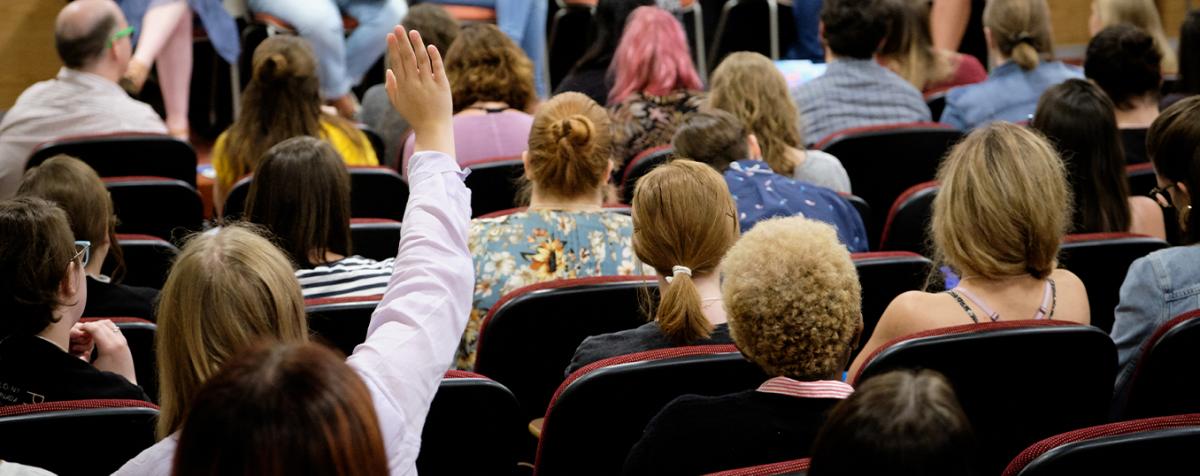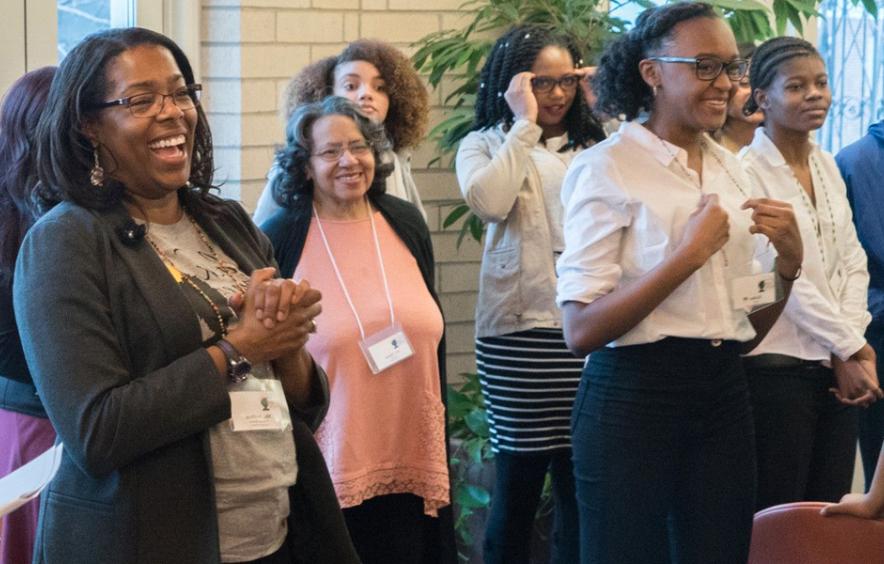Modules
Growing out of the Community+Values initiative, this project aims to solve complex problems, engage multiple perspectives, foster greater belonging, show compassion beyond boundaries and shape the future of our world.
These modules are designed to support faculty members at the University of Denver and beyond in developing the necessary knowledge-base to enact inclusive pedagogical practices while succeeding in critical roles throughout their academic life-cycles. We strive to make this website a dynamic repository of information, so content is periodically updated. In the interest of collaboration and intellectual exchange, we invite you to recommend topics, submit ideas for blog posts, share your research and suggest content by contacting the Office of Teaching and Learning at otl@du.edu.

An introduction to a critical framework

Guidelines for incorporating inclusive practices into your teaching

Recommended TED Talks, websites and other resources

Downloadable academic articles
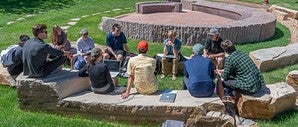
Trauma Informed Pedagogy
Trauma-Informed and Healing-Centered pedagogies are responsive to broad experiences of individual and community trauma in relation to academic settings, teaching, and learning...
Explore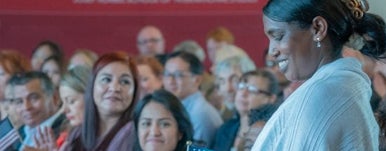
Spiritual and Religious Diversity
Spirituality, secularism, and religion are complex and expansive topics that warrant careful consideration in North American college campuses...
Explore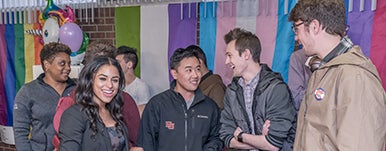
Sexual Orientation and Gender Identity
Gender identity and expression are complex concepts that have come to the forefront of recent national conversations around diversity and inclusion in Higher Education...
Explore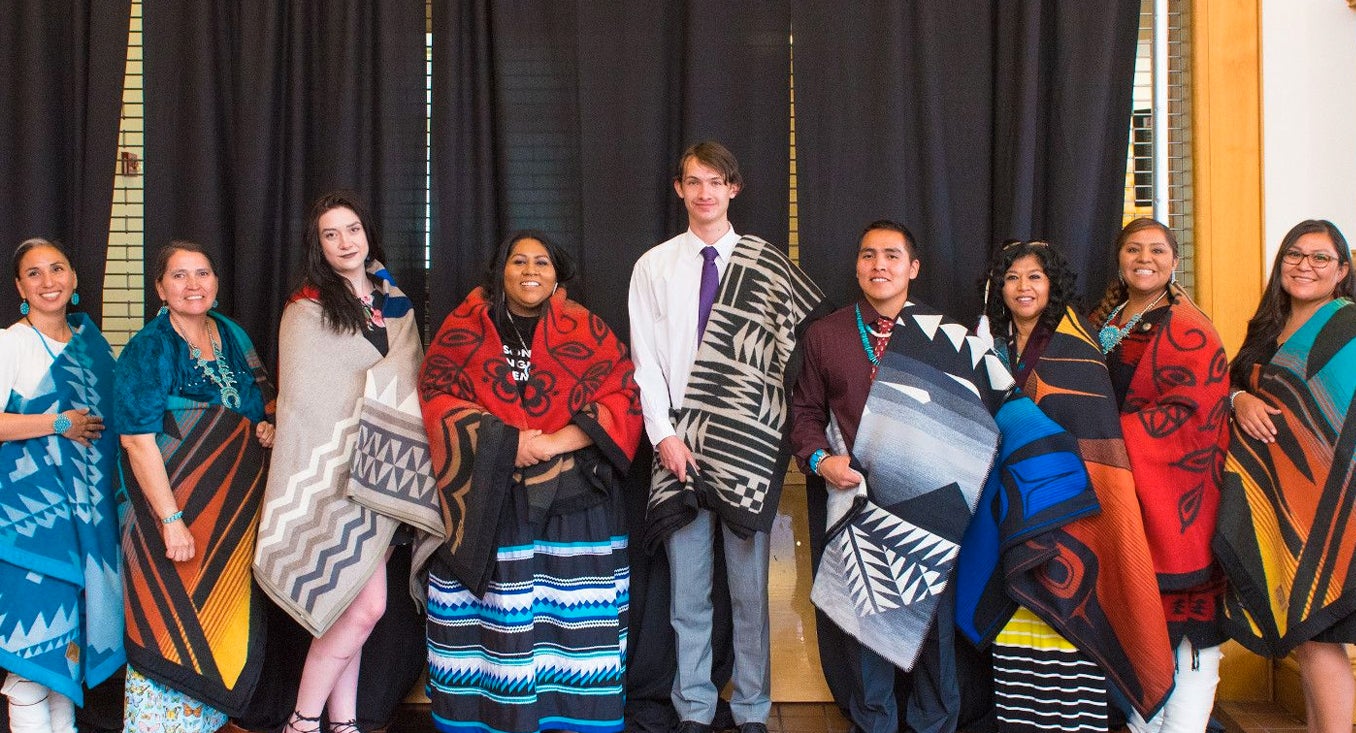
Native American Pedagogies
American Indian students make up 1% of the total population in the United States. Despite 85% of Native students attending public schools, these students have the highest dropout rate of any racial or ethnic group at over 65%...
Explore
Disability Pedagogy & Accessibility
This module offers resources and specific strategies for educators to understand the philosophy behind disability pedagogy which strives to illuminate invisible barriers to learning.
Explore
Masculine Identity
This module will provide strategies for faculty on how to create a learning environment that transcends hegemonic masculinity and encourages men to grapple with hegemonic norms.
Explore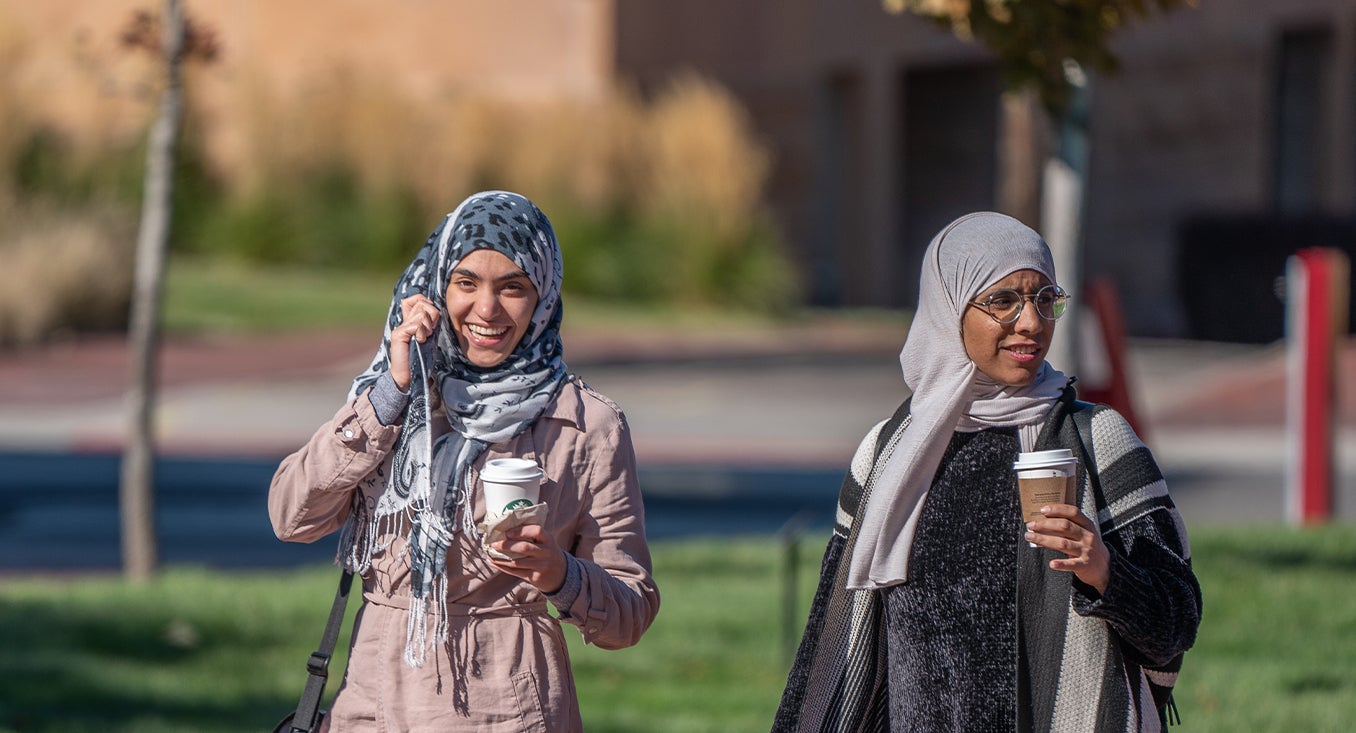
Inclusive Pedagogy
Inclusive Pedagogy is the purposeful embodiment of inclusive teaching practices toward multiple student identity groups...
Explore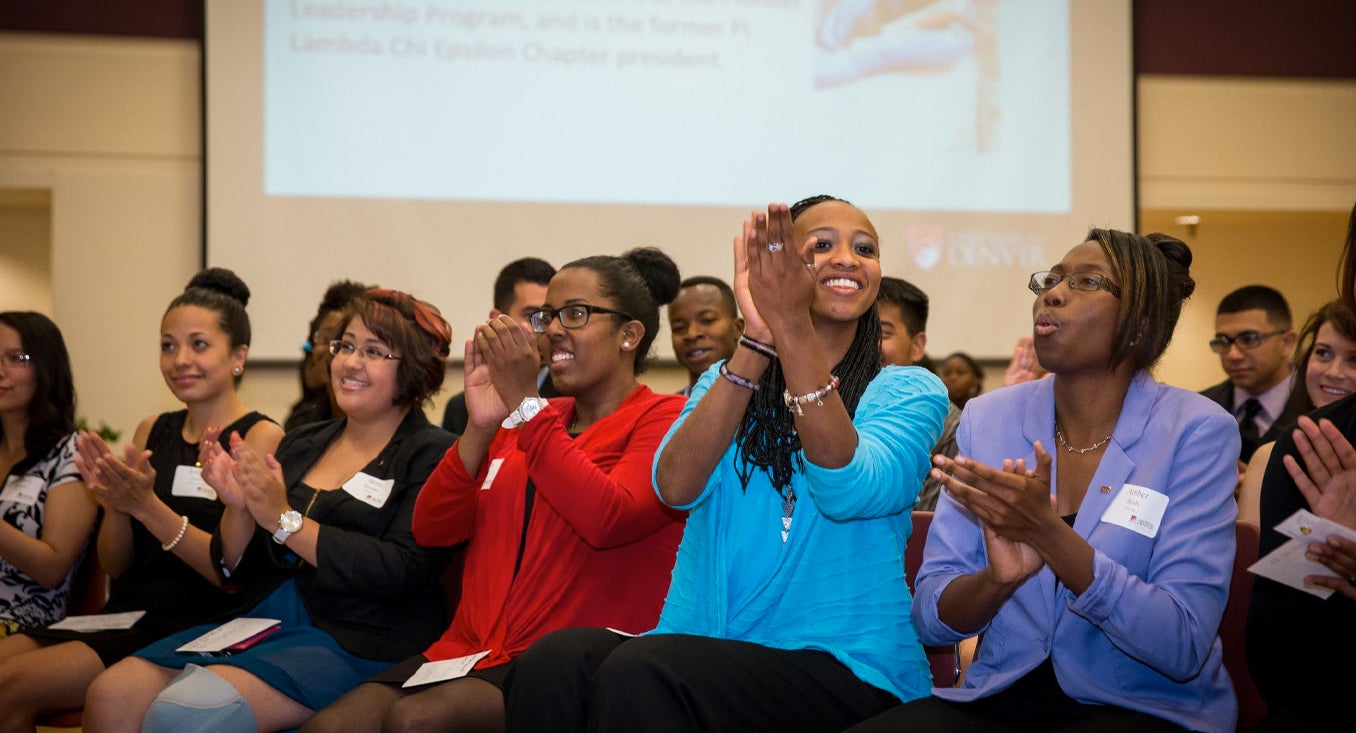
Intersectional Pedagogy
Intersectional Pedagogy is an approach to teaching and learning by which inequality and exclusion resulting from intersecting social identities are understood, explained, and challenged...
Explore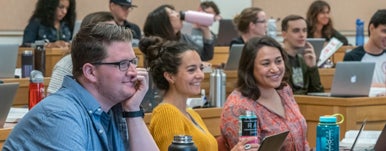
Inclusive Assessment
Assessment is an iterative, methodical, and participatory process designed to strengthen teaching and learning practices. Just as doctors deliver treatments in consultation with medical data...
Explore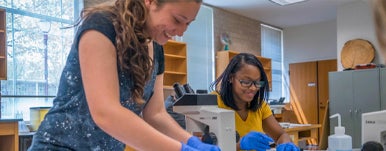
Universal Design for Learning
Universal Design for Learning (UDL) is a teaching approach that works to accommodate the needs and abilities of all learners by dismantling participation barriers...
Explore
The Community of Inquiry Model
The model of a community of inquiry consists of three key elements of an educational experience: Teaching presence, cognitive presence, and social presence...
Explore
Global Intercultural Pedagogy
This module offers resources and specific strategies for educators to critically reflect on intercultural communication and classroom practices in order to highlight and value cultural difference as a part of the classroom content...
Explore